Find Help
More Items From Ergsy search
-

Prader-Willi Syndrome | NHS
Relevance: 100%
-

What is Cushing's syndrome?
Relevance: 33%
-

Munchausen's syndrome | NHS
Relevance: 32%
-

Carpal Tunnel Syndrome
Relevance: 31%
-
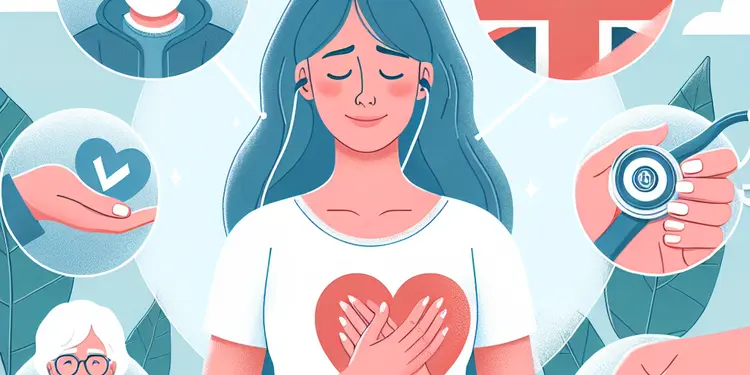
Is chronic fatigue syndrome contagious?
Relevance: 30%
-
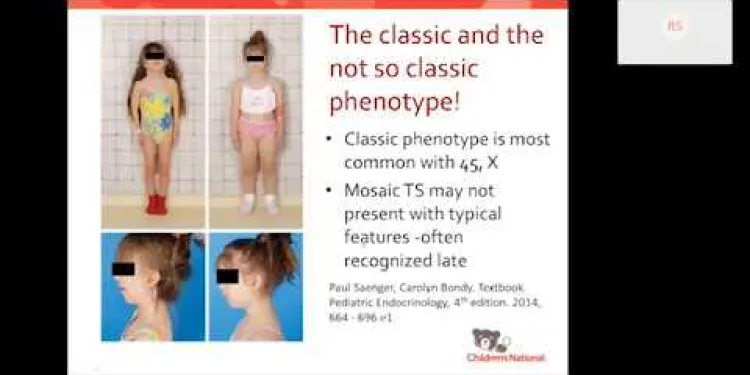
Turner syndrome: Beyond the classic XO phenotype
Relevance: 30%
-
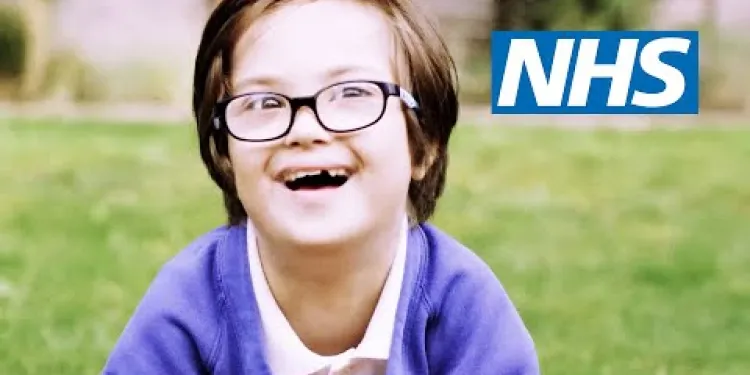
Having a child with Down's syndrome | NHS
Relevance: 30%
-

Down's syndrome: Emily's story | NHS
Relevance: 30%
-

What causes Carpal Tunnel Syndrome?
Relevance: 30%
-
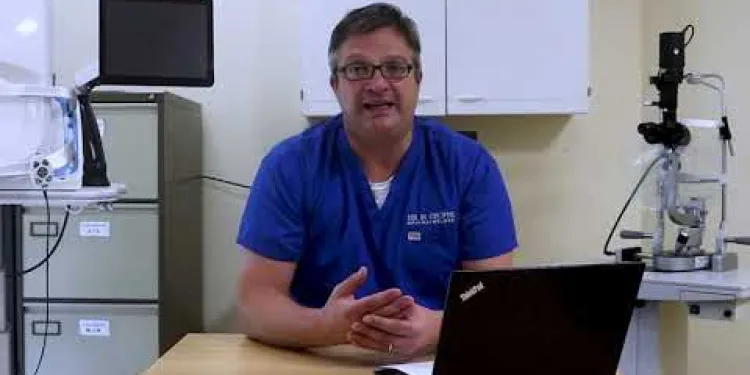
Charles Bonnet Syndrome
Relevance: 30%
-

What causes chronic fatigue syndrome?
Relevance: 29%
-

Is Carpal Tunnel Syndrome covered by the NHS?
Relevance: 29%
-
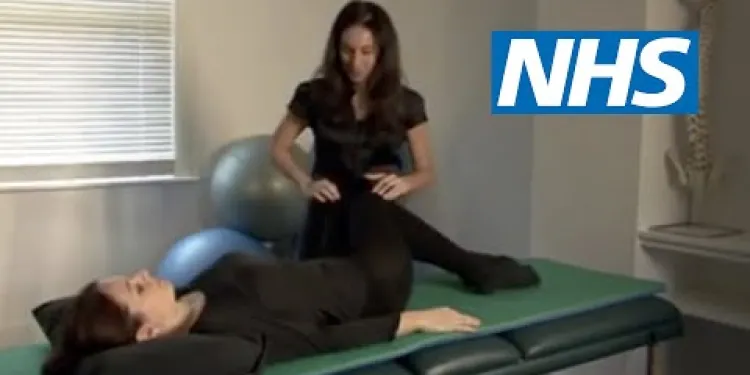
Exercises for sciatica: piriformis syndrome | NHS
Relevance: 29%
-

How is Carpal Tunnel Syndrome diagnosed?
Relevance: 29%
-
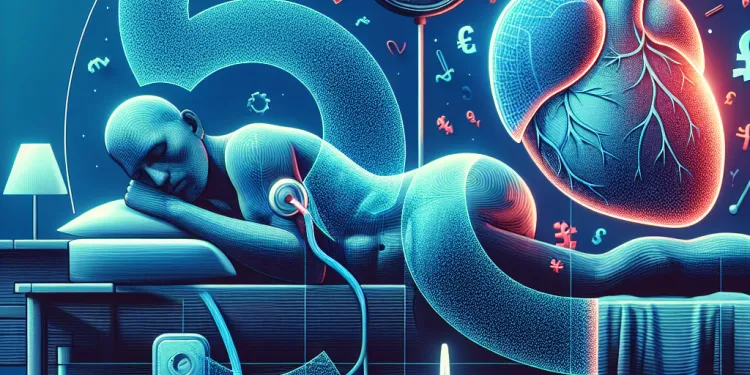
What is complex sleep apnea syndrome?
Relevance: 29%
-

What is complex sleep apnea syndrome?
Relevance: 29%
-

What is Carpal Tunnel Syndrome (CTS)?
Relevance: 29%
-

What is chronic fatigue syndrome?
Relevance: 28%
-

What is congenital rubella syndrome?
Relevance: 28%
-

How can I prevent Carpal Tunnel Syndrome?
Relevance: 28%
-
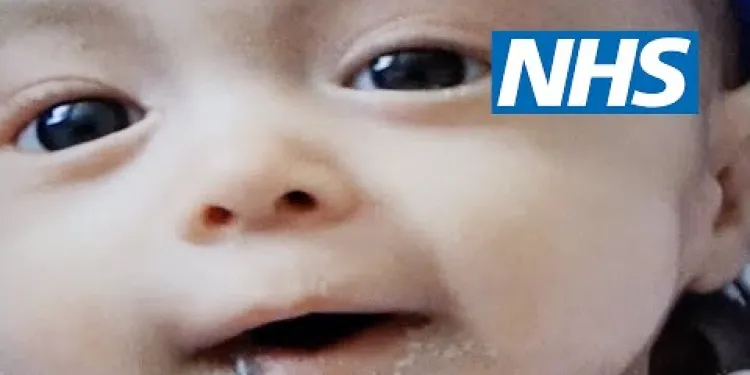
Having a child with Edwards' syndrome (trisomy 18) | NHS
Relevance: 28%
-

What is the difference between autism and Asperger's syndrome?
Relevance: 28%
-

Are there any alternative treatments for Carpal Tunnel Syndrome?
Relevance: 27%
-

Can Carpal Tunnel Syndrome recur after treatment?
Relevance: 27%
-
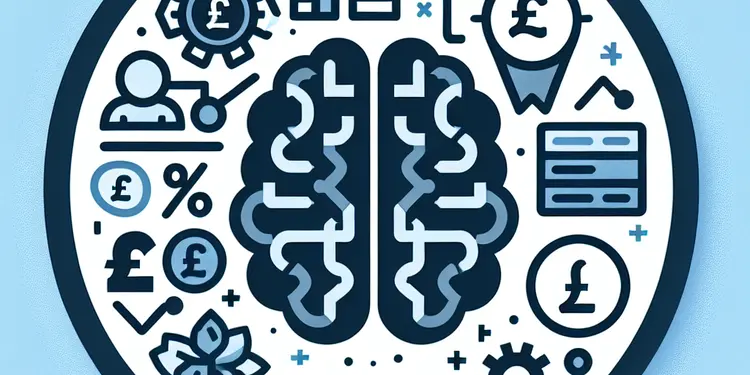
Are there psychological aspects to chronic fatigue syndrome?
Relevance: 27%
-

Is chronic fatigue syndrome a mental illness?
Relevance: 27%
-

Greater trochanteric pain syndrome
Relevance: 26%
-
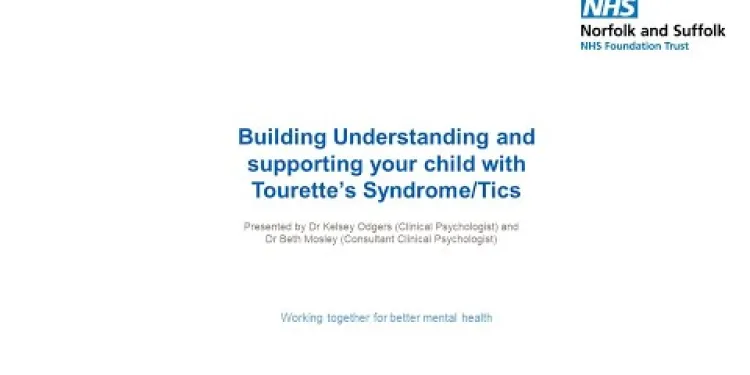
Building Understanding and Supporting Your Child with Tourette’s Syndrome/Tics
Relevance: 26%
-
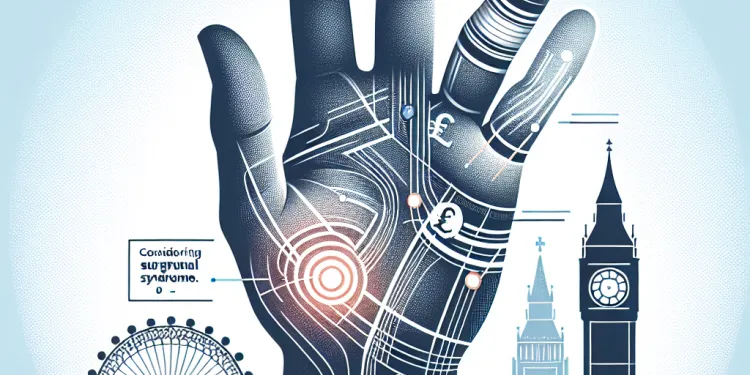
When should I consider surgery for Carpal Tunnel Syndrome?
Relevance: 26%
-
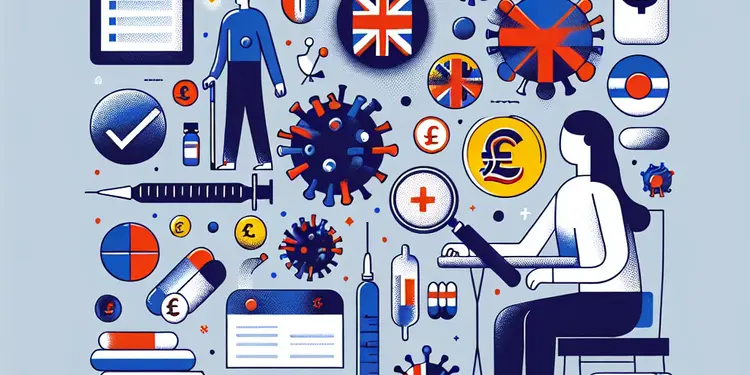
What role do infections play in chronic fatigue syndrome?
Relevance: 26%
-
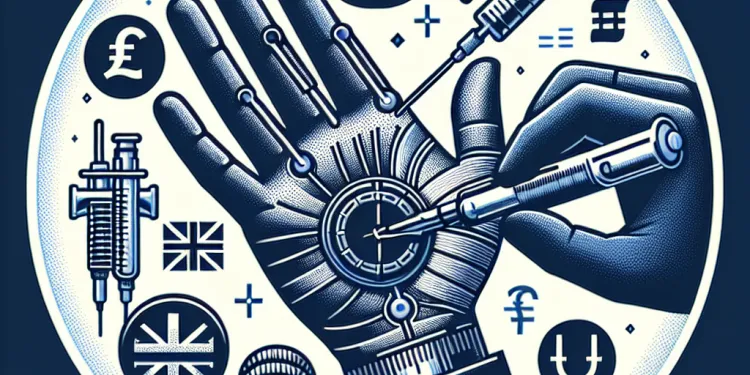
What non-surgical treatments are available for Carpal Tunnel Syndrome?
Relevance: 26%
-

Are there specific exercises that can help with Carpal Tunnel Syndrome?
Relevance: 26%
-

Who is at risk of developing chronic fatigue syndrome?
Relevance: 26%
-
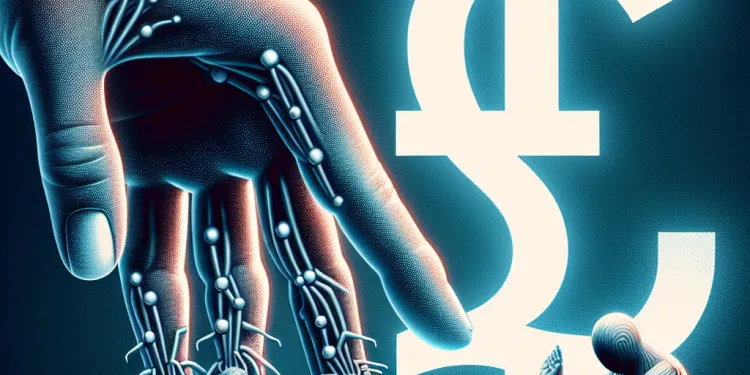
What are the common symptoms of Carpal Tunnel Syndrome?
Relevance: 25%
-

What is irritable bowel syndrome (IBS)?
Relevance: 25%
-

Symptoms of irritable bowel syndrome (IBS)
Relevance: 25%
-
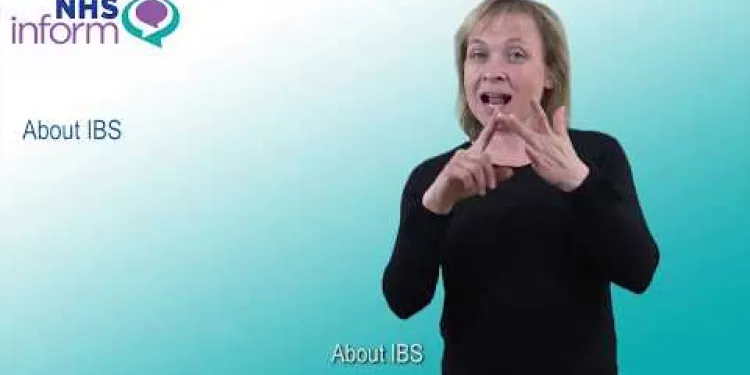
About irritable bowel syndrome (IBS)
Relevance: 25%
-

Can children develop chronic fatigue syndrome?
Relevance: 25%
-
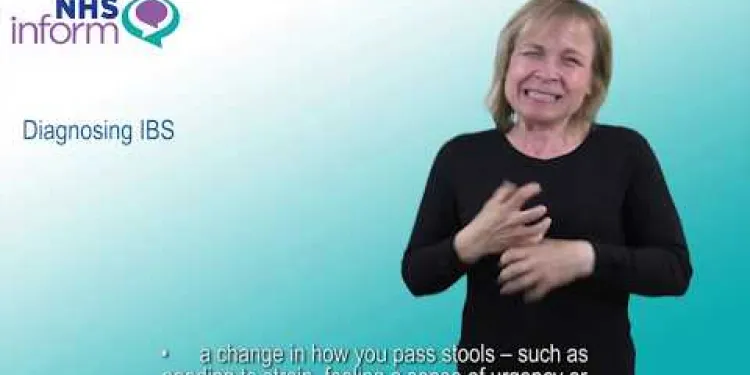
Diagnosing irritable bowel syndrome (IBS)
Relevance: 25%
-
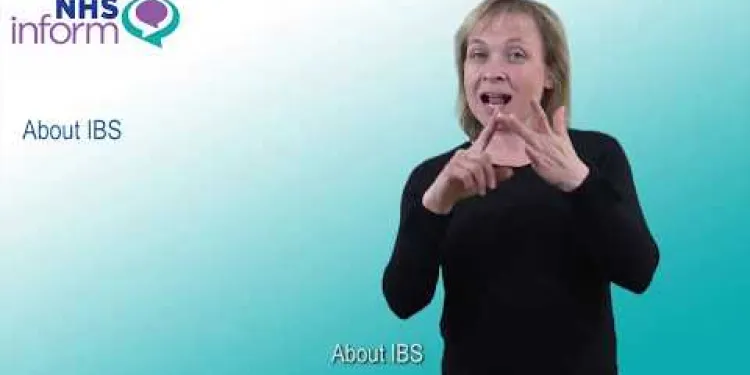
About irritable bowel syndrome (IBS)
Relevance: 25%
Understanding Prader-Willi Syndrome | NHS
Introduction to Prader-Willi Syndrome
Prader-Willi Syndrome (PWS) is a rare, genetic disorder that affects approximately 1 in 15,000 individuals in the United Kingdom. Identified by Swiss doctors Andrea Prader and Heinrich Willi in 1956, PWS is characterised by a range of physical, mental, and behavioural difficulties. The condition arises due to the lack of expression of genes on chromosome 15 from the paternal origin.Signs and Symptoms
People with Prader-Willi Syndrome often exhibit a variety of symptoms that change over their lifetime. Common symptoms include:- Hypotonia (low muscle tone) in infancy.
- Feeding difficulties in early infancy followed by hyperphagia (excessive eating) leading to obesity in later childhood.
- Short stature, typically due to growth hormone deficiency.
- Cognitive impairments and learning disabilities.
- Behavioural problems such as temper outbursts, stubbornness, and obsessive-compulsive traits.
Diagnosis and Genetic Testing
The diagnosis of PWS involves genetic testing, often initiated following the observation of characteristic clinical features. DNA methylation analysis can confirm the diagnosis by detecting the absence of the paternal gene expression in the critical region of chromosome 15. Early diagnosis is crucial for managing symptoms and improving quality of life.Treatment and Management
There is currently no cure for Prader-Willi Syndrome; however, various treatments can help alleviate symptoms:- Strict dietary supervision and exercise regimens to manage obesity.
- Growth hormone therapy to improve growth, muscle tone, and physical strength.
- Regular consultations with healthcare providers from the NHS, including endocrinologists, dietitians, and psychologists.
- Specialised educational support to address learning disabilities.
Support for Families
Living with a family member who has Prader-Willi Syndrome can be challenging. The NHS and various UK-based organisations provide support services, including counselling and support groups. Understanding and addressing the specific needs of individuals with PWS is vital for fostering a supportive environment.Research and Future Directions
Ongoing research aims to better understand the genetic mechanisms behind PWS and to develop more effective treatments. Clinical trials and studies are key to paving the way for future breakthroughs. UK healthcare professionals remain committed to improving care and support for those living with Prader-Willi Syndrome.Conclusion
Prader-Willi Syndrome is a complex condition requiring comprehensive management and support. With early diagnosis, tailored treatment plans, and robust support networks, individuals with PWS can lead fulfilling lives. For more information and support, the NHS offers resources and guidance specific to Prader-Willi Syndrome.Understanding Prader-Willi Syndrome | NHS
What is Prader-Willi Syndrome?
Prader-Willi Syndrome (PWS) is a rare problem you are born with. It affects about 1 in every 15,000 people in the UK. It was discovered by two doctors named Andrea Prader and Heinrich Willi in 1956. People with PWS have challenges with their bodies and how they act because of some missing genes from their dad's side.How to Tell if Someone Has It
People with Prader-Willi Syndrome have different signs that can change as they grow up. Common signs are:- Babies might have weak muscles.
- Babies may have trouble eating, but as they grow, they may eat too much and gain a lot of weight.
- They might be shorter than others because they don’t grow as much.
- They might find it hard to learn and understand things.
- They may have strong feelings, get upset easily, and do some things over and over again.
How Doctors Know if Someone Has It
Doctors check for PWS with special tests on a person's genes. These tests help confirm if someone has PWS. Finding out early is very important to help manage how they feel and live better.How to Help People with PWS
PWS cannot be cured, but there are ways to help manage it:- Carefully watching how much they eat and encouraging them to exercise to keep a healthy weight.
- Using growth hormone treatment to help them grow, have stronger muscles, and feel stronger.
- Regular visits to doctors, special food experts, and counselors.
- Extra help at school to support their learning.
Helping Families
Having someone in the family with Prader-Willi Syndrome can be tough. The NHS and other groups in the UK offer help through counseling and support groups. Knowing what the person with PWS needs helps create a caring and supportive home.Looking to the Future
Scientists are working to learn more about PWS and find better ways to help. Studies and tests are important to help make new discoveries. Doctors and health workers want to make life better for those with Prader-Willi Syndrome.Final Thoughts
Prader-Willi Syndrome needs careful management and lots of support. Early detection, personalized care, and strong support systems can help people with PWS live happy lives. For more help or information, the NHS provides advice and support about Prader-Willi Syndrome.Frequently Asked Questions
What is Prader-Willi Syndrome?
Prader-Willi Syndrome (PWS) is a rare, complex genetic disorder that affects many parts of the body. It is characterised by a constant sense of hunger, leading to excessive eating and potential life-threatening obesity.
How common is Prader-Willi Syndrome?
Prader-Willi Syndrome is considered a rare condition, occurring in around 1 in 15,000 to 1 in 25,000 births.
What causes Prader-Willi Syndrome?
PWS is caused by a genetic error on chromosome 15. Most cases are not inherited and happen by chance.
What are the main symptoms of Prader-Willi Syndrome?
The main symptoms include poor muscle tone, feeding difficulties in infancy, delayed development, intellectual disability, chronic overeating, and obesity.
How is Prader-Willi Syndrome diagnosed?
PWS can be diagnosed through a combination of clinical symptoms and genetic testing.
At what age do symptoms of Prader-Willi Syndrome usually appear?
Symptoms of Prader-Willi Syndrome typically appear in infancy, but the major characteristic of insatiable hunger typically becomes apparent between ages 2 and 6.
Is there a cure for Prader-Willi Syndrome?
There is currently no cure for PWS. However, early diagnosis and intervention can help manage symptoms and improve quality of life.
How is Prader-Willi Syndrome treated?
Treatment typically includes hormone therapy for growth, strict supervision of food intake, physical therapy, and support for behavioural and learning challenges.
Can people with Prader-Willi Syndrome live independently?
Most individuals with PWS will need continued support and supervision throughout their lives, particularly in managing their diet and health.
What dietary restrictions are necessary for someone with Prader-Willi Syndrome?
A controlled and restricted diet is crucial to prevent obesity and related health issues. This typically involves monitoring caloric intake and ensuring a balanced, healthy diet.
What other health issues are associated with Prader-Willi Syndrome?
Individuals with PWS can suffer from various health problems, including sleep disorders, scoliosis, type 2 diabetes, and respiratory issues.
What support is available for families affected by Prader-Willi Syndrome in the UK?
Support is available from various organisations, including the Prader-Willi Syndrome Association UK, which offers resources, information, and a support network for families.
How can schools support a child with Prader-Willi Syndrome?
Schools can support children with PWS by providing a structured environment, tailored education plans, and resources to manage their dietary needs and behavioural issues.
Are there any social or behavioural challenges associated with Prader-Willi Syndrome?
Yes, individuals with PWS may exhibit challenging behaviours such as temper outbursts, stubbornness, and obsessive-compulsive traits. They often require behavioural therapy and consistent routines.
Is genetic counselling recommended for families with a history of Prader-Willi Syndrome?
Yes, genetic counselling is recommended for families who have had a child with PWS to discuss recurrence risks and understand the genetic aspects of the condition.
What is Prader-Willi Syndrome?
Prader-Willi Syndrome is a genetic condition. This means it is something you are born with. It can make people feel very hungry all the time. It can also make it hard for people to control their weight. Sometimes it can cause problems with learning and behavior.
People with Prader-Willi Syndrome may need extra help. They might need a special diet to help with their weight. They can also go to doctors who understand the condition. Talking to specialists, like therapists, can help with learning and behavior.
If you want to learn more, you can use picture books or videos. These tools help explain things in a simple way.
Prader-Willi Syndrome (PWS) is a rare health problem. It is caused by changes in genes. PWS affects different parts of the body. People with PWS always feel hungry. This makes them eat too much. Eating too much can make them very overweight, which is not healthy.
How often do people have Prader-Willi Syndrome?
Prader-Willi Syndrome is rare. Not many people have it. If you want to learn more, ask a doctor or look online with help. You can also use apps that read text out loud.Prader-Willi Syndrome is a rare condition. It happens in about 1 in 15,000 to 1 in 25,000 babies.
What Makes Prader-Willi Syndrome Happen?
PWS happens when something goes wrong with gene number 15. Most of the time, this mistake is not passed down from parents. It usually happens by accident.
What are the main symptoms of Prader-Willi Syndrome?
Prader-Willi Syndrome is a condition. Here are some signs to notice:
- Feeling hungry a lot.
- Problems with learning.
- Not getting taller like others.
- Weak muscles.
- Behaving in difficult ways.
Tools that can help:
- Pictures and drawings can help understand better.
- Talking with a doctor or nurse is good.
- Having a helper or carer is useful.
The main signs are:
- Weak muscles
- Trouble eating when a baby
- Learning and growing more slowly
- Finding it hard to learn new things
- Always feeling hungry
- Gaining too much weight
Some tools that can help are:
- Using simple words and pictures
- Taking breaks when reading or learning
- Having a plan for meals and snacks
- Asking for help when needed
How do doctors know if someone has Prader-Willi Syndrome?
Doctors look for signs in the body. They may take a blood test. The test looks at your genes. Genes are like instructions in your body. The test helps doctors see if there is a problem with the genes.
Doctors might also ask about symptoms. Symptoms are things like feeling hungry all the time or having weak muscles. Doctors use information like tests and symptoms to decide if someone has Prader-Willi Syndrome.
Using picture cards or easy-to-read guides can help understand these steps.
Doctors can find out if someone has PWS by looking at signs in the body and doing special tests on their genes.
When do signs of Prader-Willi Syndrome usually show up?
Prader-Willi Syndrome signs usually start when a baby is born or when they are very little.
If you find it hard to read this, you can ask someone to help you. You can also use tools like text-to-speech, which can read the words out loud for you.
Signs of Prader-Willi Syndrome usually show up when a baby is very small. But the main sign is feeling very hungry all the time. This usually starts when the child is between 2 and 6 years old.
Can Prader-Willi Syndrome be cured?
No, there is no cure for Prader-Willi Syndrome right now.
But doctors can help make life better for people with Prader-Willi Syndrome. They can use medicine and special exercises.
If you know someone with Prader-Willi Syndrome, you can use helpful tools. Pictures and clear steps can make things easy to understand.
Right now, there is no way to make PWS go away completely. But, if doctors find out early and start helping, it can make things better and help people live happier lives.
How can doctors help people with Prader-Willi Syndrome?
Prader-Willi Syndrome is a health problem that people are born with. Doctors can help in different ways:
- Healthy Living: Eating good food and doing exercises can help people stay healthy.
- Medicine: Some people might need medicine to help them feel better.
- Therapy: Talking to a therapist can help with feelings. Therapists can also help with learning and talking.
- Support: Support groups can help families share ideas and feel better.
Having a routine and using picture charts can also help people with Prader-Willi Syndrome understand their daily activities. Families can talk to doctors to learn what works best for their child.
Treatment usually involves taking hormone medicine to help grow. It's important to eat healthy food. A doctor or therapist will help with moving and exercise. There is also support for learning and behaving better.
Can people with Prader-Willi Syndrome live by themselves?
Prader-Willi Syndrome (PWS) is a condition that some people are born with. It can make learning and doing some things a bit harder.
Some people with PWS can live by themselves with some help. This help can come from family, friends, or special helpers.
Here are some things that can help people with PWS live on their own:
- Learning life skills: This means practicing things like cooking, cleaning, and taking care of money.
- Using reminders: Tools like calendars and alarms can help remember important tasks.
- Getting support: Regular visits or phone calls from family or helpers can be useful.
- Living in a supportive community: Some people might live in places where help is nearby if needed.
With the right help and practice, many people with PWS can do many things by themselves.
People with PWS often need help and watching over for their whole lives, especially for eating and staying healthy.
What foods should a person with Prader-Willi Syndrome avoid?
People with Prader-Willi Syndrome need to be careful with what they eat. They should eat healthy foods and avoid foods that are bad for them.
- Avoid sugary foods like candy and cake.
- Eat less fatty foods like fried foods and fast food.
- Watch the amount of food eaten to prevent weight gain.
- Eat lots of vegetables and fruits.
It's important to have a doctor or dietitian help plan meals. Picture cards can also help to show which foods are good or bad.
Eating the right food is very important. It can help stop people from getting too heavy and having health problems. This means watching how much we eat and making sure we eat a mix of good foods.
What other health problems happen with Prader-Willi Syndrome?
People with PWS can have different health problems. These include trouble sleeping, a curved spine, diabetes, and breathing problems.
What help is there for families with Prader-Willi Syndrome in the UK?
Families with someone who has Prader-Willi Syndrome can get help. Here are some things they can do:
- Join a support group to meet other families like yours.
- Talk to doctors and nurses who know about Prader-Willi Syndrome.
- Look for special classes or programs that can help your family.
- Ask for help at school for learning and activities.
- Find out about financial support that you can get.
You can ask someone you trust, like a teacher or doctor, to help you find these supports.
You can get help from different places. The Prader-Willi Syndrome Association UK is one of them. They have lots of information and people you can talk to who understand. They help families who need support.
How can schools help a child with Prader-Willi Syndrome?
Here are some ways schools can help:
- Give special support in class to help with learning.
- Provide healthy snacks and meals.
- Plan fun exercise activities.
- Offer a quiet space for breaks.
- Use tools like picture schedules to explain the day.
Teachers can talk with the child's family to understand their needs better.
Schools can help kids with PWS by having clear rules, special learning plans just for them, and tools to help with their food and behavior.
Do people with Prader-Willi Syndrome have problems with socializing or behavior?
Yes, people with PWS can have difficult behaviours. They might get very angry, be very stubborn, or do the same thing over and over. They often need help from a special doctor called a behavioural therapist and need to have the same routine every day.
Helpful tools:
- Use a daily schedule to keep routines.
- Talk to a behavioural therapist for help.
- Use calm words when talking to them.
Should families with Prader-Willi Syndrome talk to a genetic expert?
If someone in your family has Prader-Willi Syndrome, it can be helpful to talk to a doctor who knows about genes. This is called a genetic counsellor. They can tell you more about the syndrome and answer questions you might have.
Here are some tools that can help understand:
- Use pictures to explain ideas.
- Ask the counsellor to use simple words.
- Bring a friend or family member to help you remember things.
Yes, it is a good idea for families who have a child with PWS to talk to a genetic counselor. They can help you understand why PWS happens and if it might happen again.
Useful Links
- Ergsy carfully checks the information in the videos we provide here.
- Videos shown by Youtube after a video has completed, have NOT been reviewed by ERGSY.
- To view, click the arrow in centre of video.
- Most of the videos you find here will have subtitles and/or closed captions available.
- You may need to turn these on, and choose your preferred language.
- Go to the video you'd like to watch.
- If closed captions (CC) are available, settings will be visible on the bottom right of the video player.
- To turn on Captions, click settings .
- To turn off Captions, click settings again.
More Items From Ergsy search
-

Prader-Willi Syndrome | NHS
Relevance: 100%
-

What is Cushing's syndrome?
Relevance: 33%
-

Munchausen's syndrome | NHS
Relevance: 32%
-

Carpal Tunnel Syndrome
Relevance: 31%
-

Is chronic fatigue syndrome contagious?
Relevance: 30%
-

Turner syndrome: Beyond the classic XO phenotype
Relevance: 30%
-

Having a child with Down's syndrome | NHS
Relevance: 30%
-

Down's syndrome: Emily's story | NHS
Relevance: 30%
-

What causes Carpal Tunnel Syndrome?
Relevance: 30%
-

Charles Bonnet Syndrome
Relevance: 30%
-

What causes chronic fatigue syndrome?
Relevance: 29%
-

Is Carpal Tunnel Syndrome covered by the NHS?
Relevance: 29%
-

Exercises for sciatica: piriformis syndrome | NHS
Relevance: 29%
-

How is Carpal Tunnel Syndrome diagnosed?
Relevance: 29%
-

What is complex sleep apnea syndrome?
Relevance: 29%
-

What is complex sleep apnea syndrome?
Relevance: 29%
-

What is Carpal Tunnel Syndrome (CTS)?
Relevance: 29%
-

What is chronic fatigue syndrome?
Relevance: 28%
-

What is congenital rubella syndrome?
Relevance: 28%
-

How can I prevent Carpal Tunnel Syndrome?
Relevance: 28%
-

Having a child with Edwards' syndrome (trisomy 18) | NHS
Relevance: 28%
-

What is the difference between autism and Asperger's syndrome?
Relevance: 28%
-

Are there any alternative treatments for Carpal Tunnel Syndrome?
Relevance: 27%
-

Can Carpal Tunnel Syndrome recur after treatment?
Relevance: 27%
-

Are there psychological aspects to chronic fatigue syndrome?
Relevance: 27%
-

Is chronic fatigue syndrome a mental illness?
Relevance: 27%
-

Greater trochanteric pain syndrome
Relevance: 26%
-

Building Understanding and Supporting Your Child with Tourette’s Syndrome/Tics
Relevance: 26%
-

When should I consider surgery for Carpal Tunnel Syndrome?
Relevance: 26%
-

What role do infections play in chronic fatigue syndrome?
Relevance: 26%
-

What non-surgical treatments are available for Carpal Tunnel Syndrome?
Relevance: 26%
-

Are there specific exercises that can help with Carpal Tunnel Syndrome?
Relevance: 26%
-

Who is at risk of developing chronic fatigue syndrome?
Relevance: 26%
-

What are the common symptoms of Carpal Tunnel Syndrome?
Relevance: 25%
-

What is irritable bowel syndrome (IBS)?
Relevance: 25%
-

Symptoms of irritable bowel syndrome (IBS)
Relevance: 25%
-

About irritable bowel syndrome (IBS)
Relevance: 25%
-

Can children develop chronic fatigue syndrome?
Relevance: 25%
-

Diagnosing irritable bowel syndrome (IBS)
Relevance: 25%
-

About irritable bowel syndrome (IBS)
Relevance: 25%


